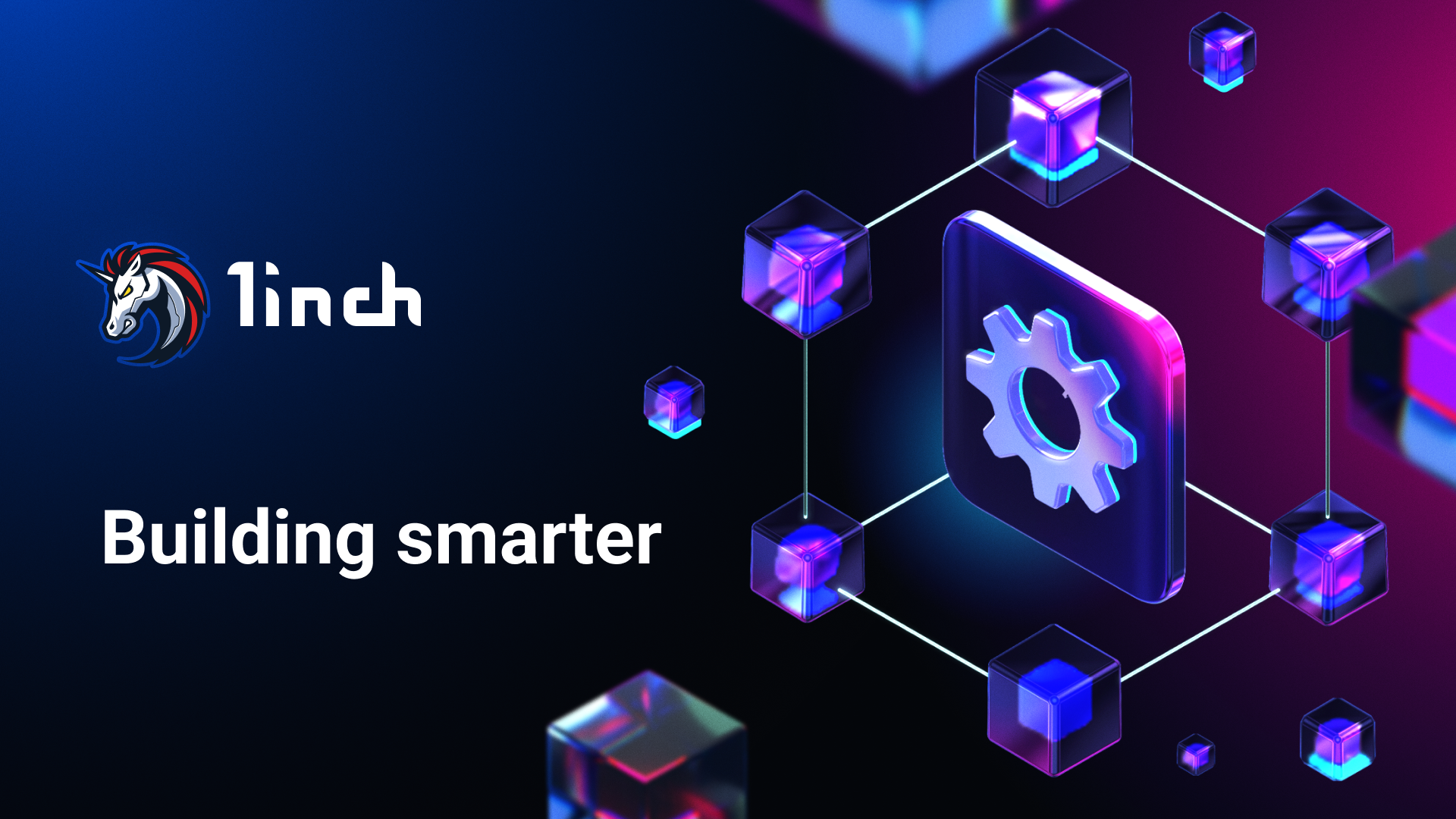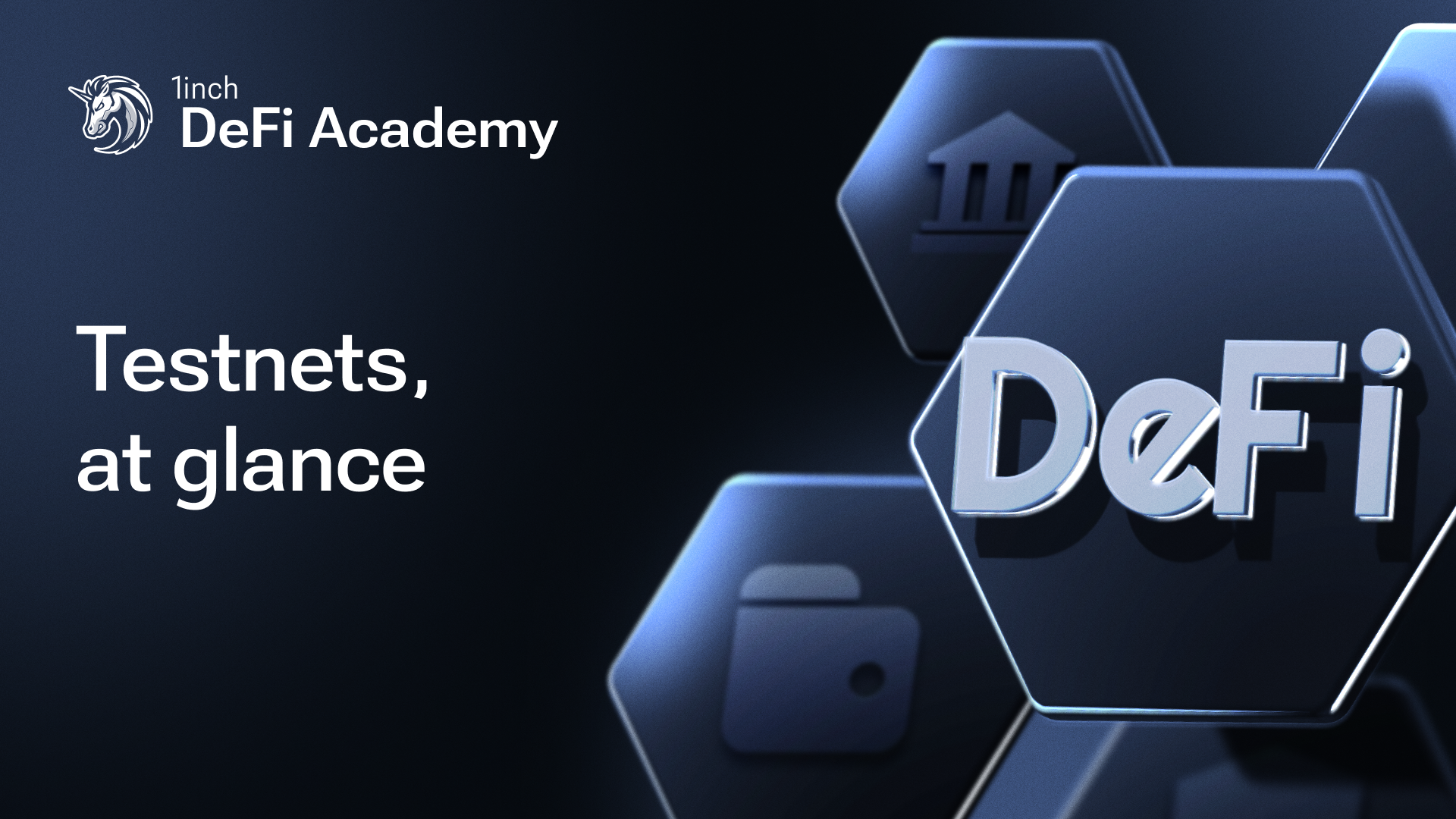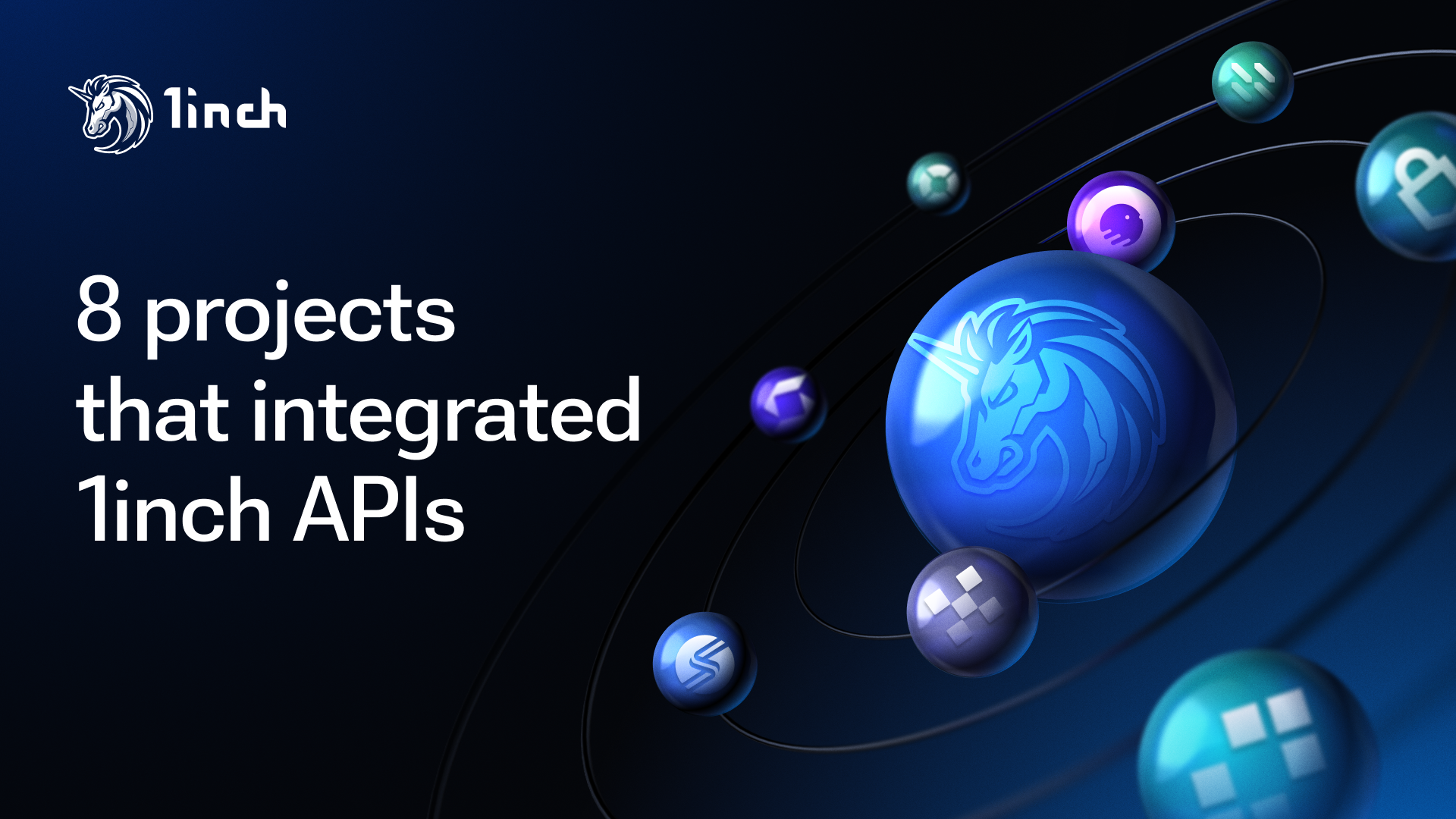What do you need to successfully build in Web3?

Effective Web3 development relies on essential tools and solutions that simplify blockchain integration and streamline the development process.
Web3 space is teeming with innovation and potential. However, complex blockchain interactions can be challenging for developers.
Key considerations for Web3 development
- Application Programming Interfaces (APIs): Web3 APIs provide standardized methods for accessing onchain data and executing transactions, simplifying blockchain interactions and accelerating development.
- Software Developer Kits (SDKs): Comprehensive SDKs tailored for Web3 offer essential resources, libraries and documentation to kickstart a project. These kits streamline development with pre-built components, templates and code samples.
- Integrated Development Environments (IDEs): IDEs can offer features like building and deploying smart contracts, debugging and more.
- Testing Frameworks: These tools are designed to conduct unit tests, integration tests and end-to-end tests for smart contracts and dApps, ensuring code quality and reliability.
- Deployment Tools: Simplifies the deployment of smart contracts and dApps onto various blockchain networks, often providing one-click deployment, network selection and integration with popular platforms.
With these tools and resources, developers can streamline their workflows and overcome the complexities of Web3 development. Notably, Web3 APIs stand out as crucial components that facilitate seamless interaction with blockchain networks, protocols and services.
How Web3 APIs work
APIs empower developers by offering intuitive interfaces to blockchain networks and protocols, allowing them to focus on building decentralized applications without dealing with technical intricacies of blockchain technology.
To understand how Web3 APIs function, consider the example of viewing NFTs in a crypto wallet app. When a user requests to view their collection, the app communicates with an API. This API acts as an intermediary between the app and the blockchain network.
- The app makes a request, specifying the endpoint for NFT queries.
- The API interacts with the blockchain's smart contracts to fetch the NFT data.
- Once the API retrieves the data, it formats it and sends it back to the app, which then dynamically displays the NFT collection.
Throughout this process, the API handles error checking and ensures smooth communication between the app and the blockchain network. This abstraction simplifies development by hiding the complexities of blockchain interactions, making it easier for developers to build Web3 applications. Additionally, APIs enhance the overall usability and reliability of dApps and other applications, ultimately improving the end-user experience.
Important considerations for API selection
When developing a wallet, exchange, portfolio tracker, arbitrage bot or other application, choosing an API with fast response times is critical. Slow response times can lead to a frustrating user experience, potentially causing users to abandon the application. Additionally, APIs must provide high availability and reliability for applications to maintain seamless operation and avoid downtime.
A well-crafted API should be user-friendly, with functions and features that are easily understandable and accessible for developers. Comprehensive documentation and support resources are also essential to assist developers in effectively integrating the API. Scalability is another important factor, as the API should be able to handle increased loads and growing user bases without performance degradation.
1inch APIs for Web3 development
To successfully build in Web3, the integration of APIs offered by 1inch can significantly streamline the development process. The 1inch Developer Portal provides a suite of powerful APIs designed for various use cases, including exchanges and DeFi wallets.
Key APIs
- 1inch Swap API: facilitates efficient token swaps.
- Spot Price API: delivers price data for a specific token in the host chain's native currency.
- Balance API: provides information on balances and allowances for crypto wallets.
- Token API: allows for search info on any tokens by name, address or symbol.
- Orderbook API: facilitates placing swap orders in the 1inch order book.
- 1inch Fusion API: enables creating orders in 1inch’s Fusion mode.
- NFT API: provides data on NFTs.
- Traces API: delivers detailed transaction data with low latency.
- Portfolio API: offers historical data across major networks.
- Gas Price API: provides up-to-date gas price data on various blockchains.
- History API: delivers transaction data for blockchain addresses.
Developer benefits
Developers integrating 1inch APIs benefit from a range of significant advantages, enhancing their ability to build efficient and high-performing Web3 applications:
- Trusted by industry leaders: Ledger, Metamask, Trust Wallet, DeFiLlama and Trezor rely on 1inch APIs.
- Best swap rates: the Pathfinder algorithm optimizes token swaps for cost efficiency.
- Lowest fees: innovative gas optimization features significantly reduce transaction costs.
- Largest liquidity depth: the 1inch Aggregation Protocol offers access to extensive liquidity across multiple blockchains and beyond.
- Fast response times: with a response time below 400 ms, API requests are processed swiftly, making it one of the best offerings in the market.
- User-friendly: detailed guidelines facilitate quick integration and usage.
- Test response: developers can test API responses in real time to ensure optimal performance and integration
- Custom endpoints for high volume: enterprise endpoints are available for projects requiring significant trading volumes, enhancing performance and response times.
To learn more about cutting-edge tools available to Web3 developers, visit the 1inch Developer Portal.




























